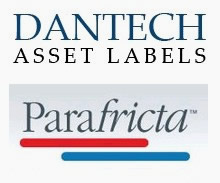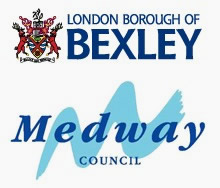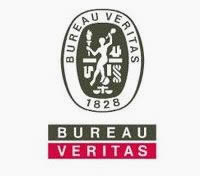Consultant training: Developing your talent during the recession
04/11/2009
Even during a recession businesses still need to invest in their key talent. However, many organisations have cut training budgets to save money. So, how should employers retain and develop their consultants, managers and other professionals without breaking the bank?
With 70% of business professionals reportedly planning to search for a new job as soon as the market picks up companies need to take action to convince their top performers that they remain committed to their future progression.
Recession management and consultant training solutions
'Do It Yourself' training for consultants, management and professionals
What is it? Leaders in the business taking on responsibility for mentoring and/or knowledge transfer internally.
Pros: When done well, mentoring and coaching by peers and leaders can provide high quality, tailored and targeted development, which fits perfectly with your business strategy.
Cons: The disadvantage is that the training is only as good as the person who is delivering it and not everyone has the skills to be a good mentor. Also, relying solely on in-house training can limit your ability to encourage positive business changes and challenge poor practices. Another consideration is that in-house training is very time-intensive for managers who will have other pressing business priorities.
On job consultant, management and professionals development
What is it? Putting key talent in new, challenging roles or on special projects which develop their skills and behaviours
Pros: These developmental or 'stretching' roles can be fantastic for both the business and individual, but only when they are well managed and the people in them feel supported by the wider organisation. When this support is given, these roles provide a tailored, dynamic and hands-on opportunity for progression that is completely integrated into the business.
Cons: If sufficient support from bosses or peers is not available to give to the person, this opportunity can turn into a stressful and negative experience that does more harm than good. When resources are tight it is tempting to use willing hands to shore up gaps, but you should strive to make this a mutually beneficial experience - where the individual feels privileged rather than put upon.
Free consultant, management and professionals development resources
What is it? Use of consultants, learning resource centres, free seminars and networking activity to provide 'short and sweet' training and development.
Pros: Free development resource tends to come in bite sized interventions, which busy people like, and gives talent a quick injection of external thinking, which can bring about vital new ideas and enthusiasm. Plus, they are usually free or very low cost
Cons: It's important here to be aware of learning preferences - some people love getting out and engaging with people, others will be happier working alone and will enjoy using e-resources, so ensure people take part in a way which ensures the opportunity is maximised.
Also, networking and free seminars can be a bit 'hit and miss' in terms of value. When time is at a premium, the potential value needs to be carefully weighed up to ensure business benefits are clear rather than risking the perception of this being a 'jolly', or of little value.
Another trend we are noticing is that training and development can 'go underground' in tough times, i.e. it gets approved and financed locally out of operations budgets, on a one-to-one basis. The positives from this are that key individuals continue to get vital development, however, by sourcing training this way your company will miss out on the expertise of your HR professionals, who are best placed to advise on what courses best suits individual needs and tastes, and who the top providers are.
You may also miss out on economies of scale and risk the training being disconnected from any larger organisational changes. Plus, whilst it may benefit a few individuals, it's likely to send negative messages around the organisation that there is no sense of fairness or equity in access to training, and that 'he who shouts loudest' gets to the head of the queue.
Conclusion
As you can see, there are a number of low-cost training options that employers are taking. And, if researched and evaluated sensibly, these can give people the vital feeling that the business still cares about their development and progression. However, it has to be said, that all of the above carry their own 'health warnings', and are rarely a substitute for in-depth management and consultant training and development.
Whatever you decide, in tough times the single and most important thing any organisation can do is to keep some kind of development budget (even if it's heavily reduced) and make sure employees know that development and training is still going on.
If you're restricted on funds, don't be ashamed to invest in your top talent - just be sure that your processes for identifying whom your top performers are remain robust and transparent. And if you don't have great processes, this may be the time to introduce them. The very act of trying to better identify talent often increases focus and starts valuable discussions across the organisation.
Talk up whatever training you are doing, and what the benefits to the individual and the overall organisation are. By getting the positive message out there that employee training remains a priority, you will reassure many that this is genuinely the case - and keep your talent right where you want them - close to you.
Training for Consultants and Management Training
Elevation Learning specialises in developing the performance of managers, consultants and technical specialists so they bring increased value to their clients.
They design and deliver consultant training that addresses the core challenges involved in selling and delivering professional services. Elevation Learning training programmes include bespoke consultancy skills training that can be specially tailored for the needs of a single organisation, or through public consultant training courses which anyone can attend.
For more information call Elevaion Learning on +44 (0)20 8642 9568 or visit www.elevationlearning.co.uk
consultant training | consulting training | training for consultants | consultancy skills training | management training


























